
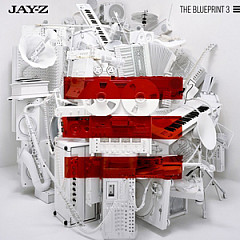
Jay-Z was going to ask Mary J. Blige to duet on "Empire State of Mind," but he decided on Alicia Keys when he heard the piano stabs on the track.
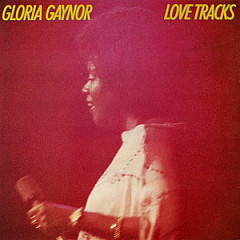
There was only one Grammy ever given for Best Disco Recording. It went to "I Will Survive" by Gloria Gaynor.
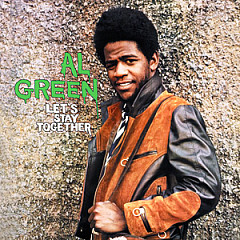
Al Green wrote the lyrics for “Let's Stay Together” in five minutes after Willie Mitchell gave him a rough mix of a tune that he and drummer Al Jackson had developed.
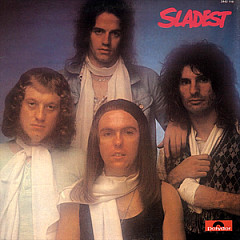
"Cum On Feel The Noise" was originally recorded by the British glam band Slade in 1973. Quiet Riot had their first hit with the song when they recorded it in 1983.
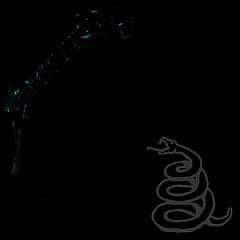
On Metallica's "The Unforgiven," James Hetfield modeled his vocals on Chris Isaak
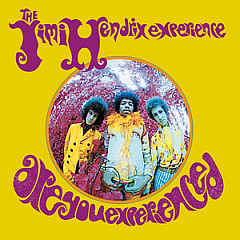
Jimi Hendrix opened for The Monkees on their 1967 tour, and it did not go well. The young, mostly female crowd shouted "Davy" when Hendrix sang the word "Lady" in "Foxy Lady" in honor of who they came to see: Monkees lead singer Davy Jones.
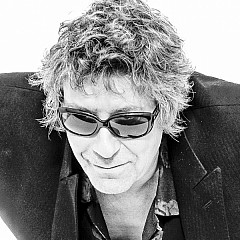
Psychedelic Furs lead singer Richard Butler talks about their first album since 1991 and explains what's really going on in "Pretty In Pink."

Johnny Depp, Angelina Jolie, Mila Kunis and John Malkovich are just a few of the film stars who have moonlighted in music videos.
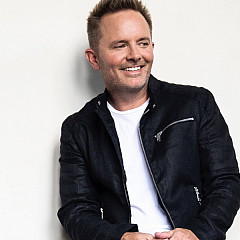
The king of Christian worship music explains talks about writing songs for troubled times.
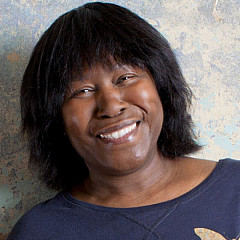
The revered singer-songwriter talks inspiration and explains why she put a mahout in "Drop the Pilot."
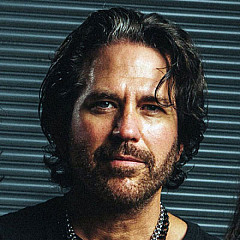
The Winger frontman reveals the Led Zeppelin song he cribbed for "Seventeen," and explains how his passion for orchestra music informs his songwriting.
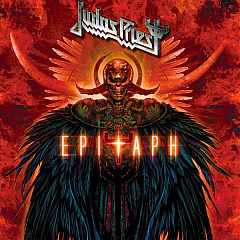
The 10 biggest "retirement tours" that didn't take.